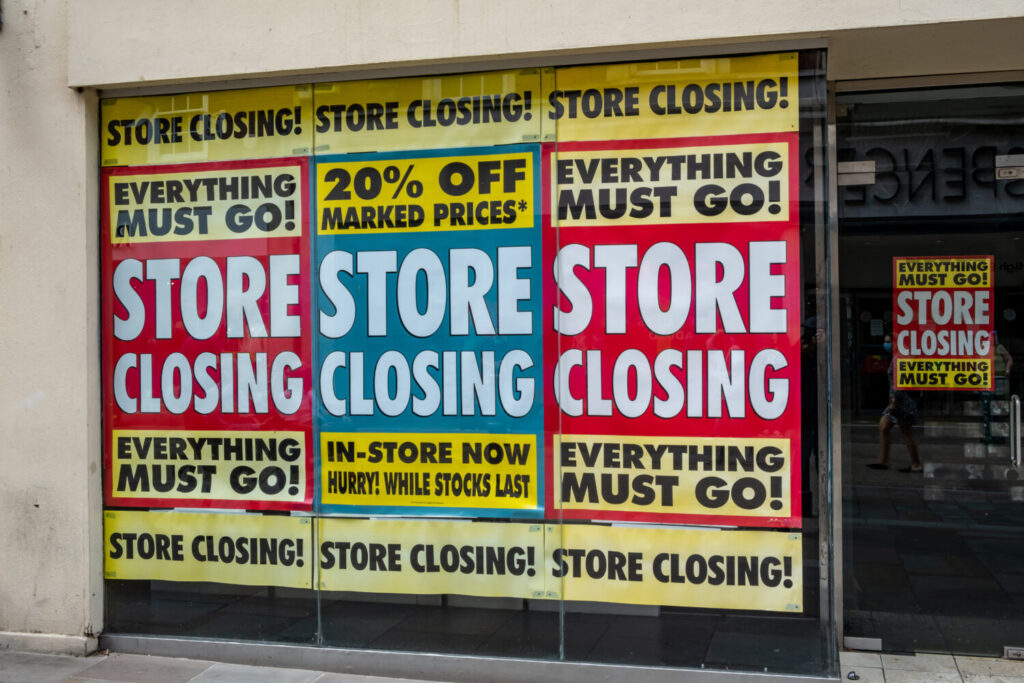Over 80 retailers say Budget could cost industry £7bn

A group of 81 retailers have written to the Chancellor Rachel Reeves warning that the Government’s Autumn Budget could cost the retail industry an additional £7bn in 2025.
The letter – submitted by the British Retail Consortium (BRC) – highlighted “significant concerns about the impact of the budget and the economic consequences for inflation, employment and investment”.
Signatories included retailers from many different sectors, including grocery, fashion, DIY, department stores, sporting goods, and convenience, amongst others.
Changes announced in the Budget include an increase in National Insurance Contributions (NICs) from businesses from next April. Employer NICs will begin at a lower threshold of £5,000 (previously £9,100), whilst the rate will increase from 13.8% to 15%. The BRC said this will cost retailers £2.33bn a year.
The national living wage is also set to increase from April, whilst a new packaging levy will be introduced in October. The BRC’s letter said this would cost the industry an additional £2.73bn and £2bn respectively.
The BRC added that, as things stand, retailers’ business rates bills will increase by £140 million in April 2025 due to the inflationary uplift and a reduction in the existing retail discount for those businesses that receive it. The group said the proposals merely redistribute rates within the industry and would see many bills significantly increase.
These extra costs could lead to job losses, store closures, and higher prices, according to the BRC.
The letter said: “Retail is in every community and is vital to the socio-economic fabric of the UK. It is the largest private sector employer, with three million direct jobs and 2.7 million more in the supply chain, contributing over £100bn per annum to GDP. This scale and reach means the industry can be a partner to government, supporting the reinvigoration of high streets, creating jobs all over the country and supporting the government’s ambitions for growth.
“We appreciate government’s focus on improving the fiscal situation and investing in public services; we also recognise the role businesses have in supporting this. But, the sheer scale of new costs and the speed with which they occur create a cumulative burden that will make job losses inevitable, and higher prices a certainty.”
The letter also outlined a number of proposed “next steps” which it called on the Government to undertake. These included phasing the introduction of the new lower earnings threshold, delaying the timeline for implementation on packaging levies, and revisiting the proposals for business rates announced at the Budget and bringing forward the timetable.
However, large retailers warning about job cuts has drawn criticism from unions. Nadine Houghton, national officer at GMB Union, said: “Multi billion pound businesses pleading poverty because they’re being made to pay more to support public services is utterly pathetic.
“Most of these companies’ fortunes are already subsidised by the tax payer – they pay very low wages which then have to be topped up by in work benefits.
“And some – for example Asda – have been systematically trousering fortunes made by underpaying women workers.
“It’s only right that they should now contribute a bit more to rebuilding our country.”